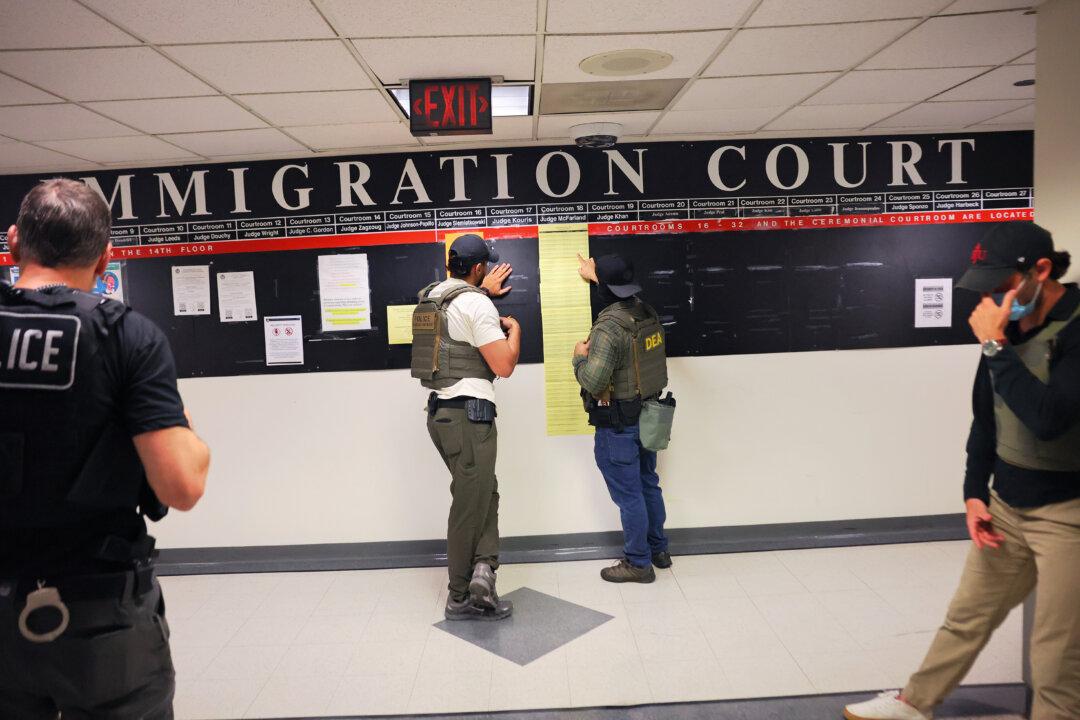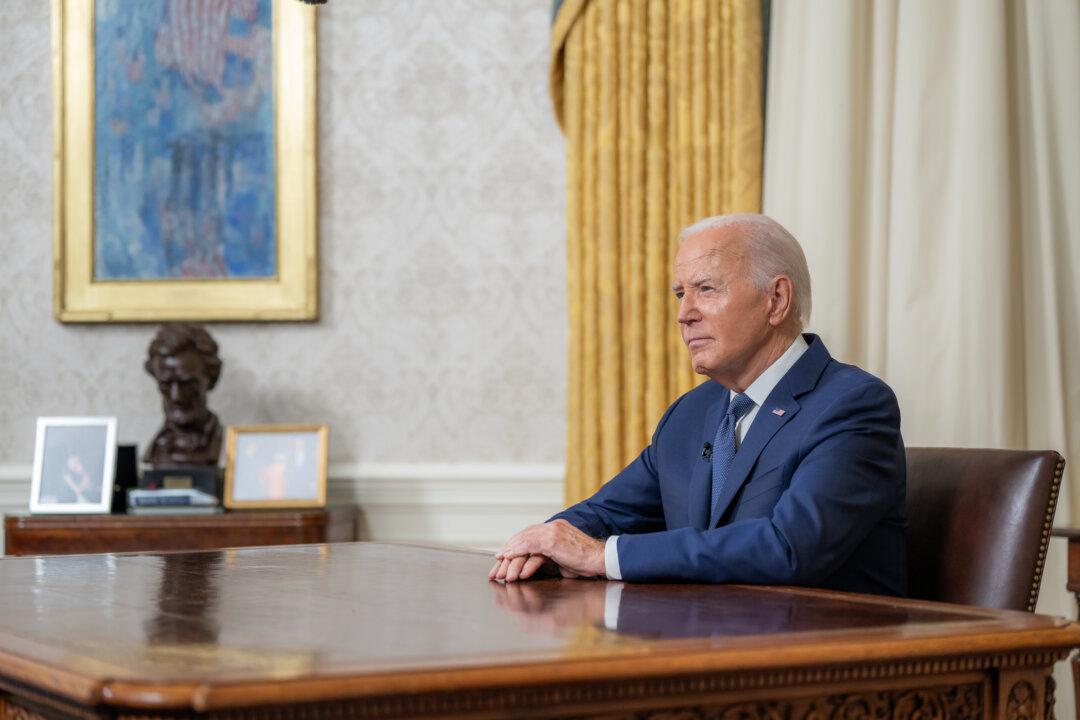News Analysis
Successful public health campaigns and medical advances have enabled the United States to conquer a range of disfiguring and damaging diseases. Polio, which paralyzed thousands of Americans annually, was wiped out by widespread vaccinations. In 1999, the nation’s last hospital for lepers closed its doors in Louisiana. A global campaign eradicated smallpox, while lethal tuberculosis, the “consumption” that stalked characters in decades of literature, seemed beaten by antibiotics. Measles outbreaks still occur from time to time, but they are small, local, and easily contained.






